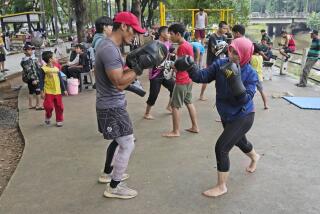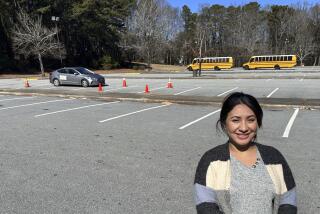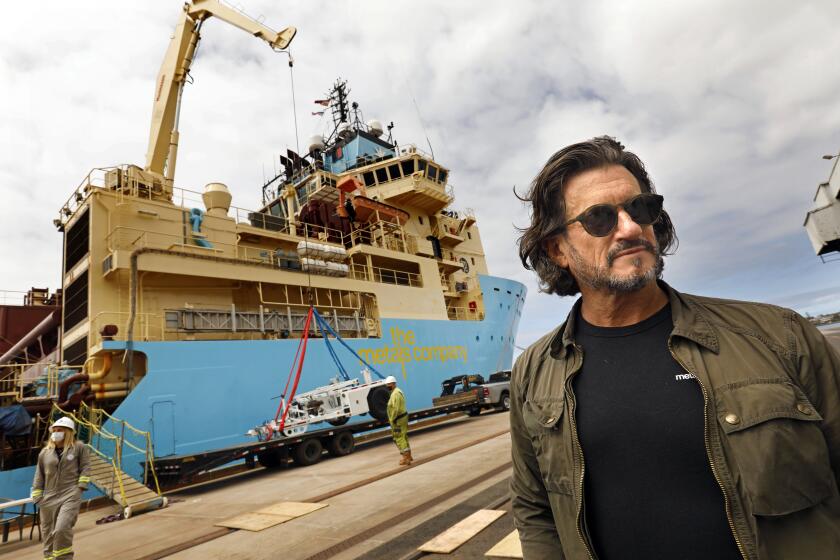Must Reads: Revving up to fight the patriarchy: Pakistan’s women learn to ride motorbikes
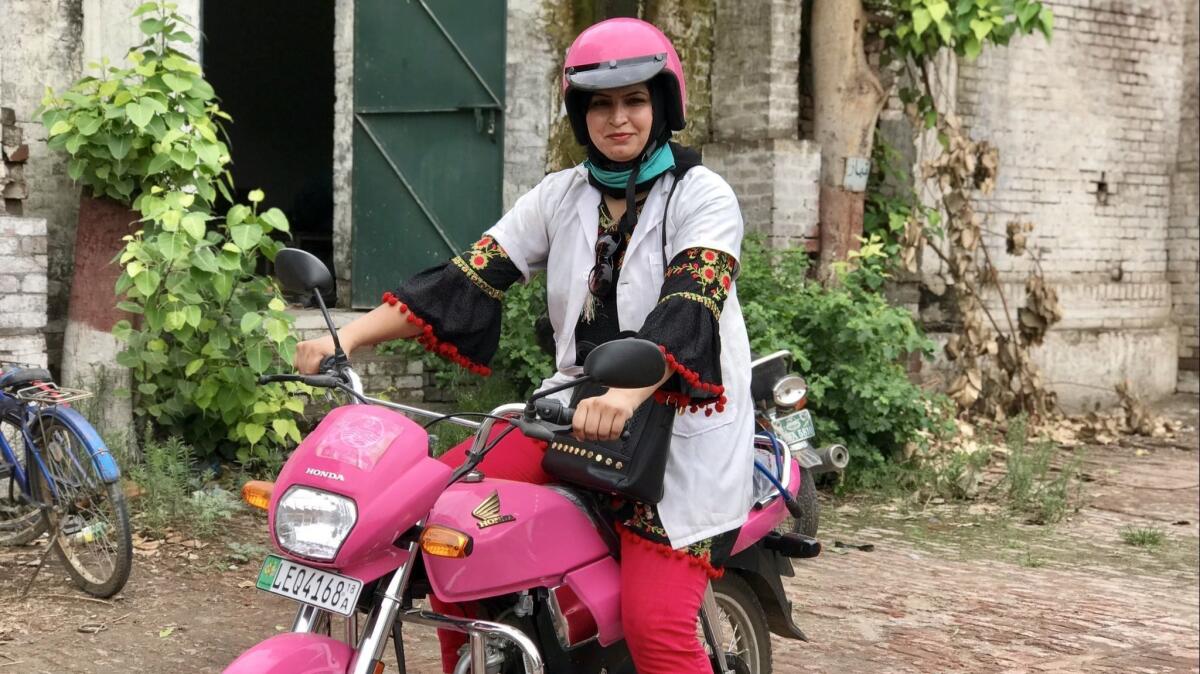
One morning recently, 28-year-old Rahila Qaisar donned a pink helmet, balanced her handbag on her lap and revved her new pink Honda motorcycle, so fresh from the factory that the passenger seat was still covered in plastic.
Qaisar is one of hundreds of newly minted motorcycle riders zipping around eastern Pakistan under a government initiative to help women navigate the country’s notoriously male-dominated roads.
The Women on Wheels campaign has trained more than 3,500 female motorcycle riders in Punjab province — the country’s largest — and plans to furnish more than 700 subsidized bikes to licensed riders from low- and middle-income families.
The program represents a small revolution for women such as Qaisar, a bubbly preschool teacher who said that running even the most mundane errands — shuttling her father to appointments and zipping through the narrow lanes of busy shopping areas — has given her newfound self-confidence.
“It helps us economically and it helps us emotionally,” Qaisar said. “When I first started riding, I felt like I was flying high in the sky.”
A few years ago, when her parents were bedridden after a road accident, Qaisar wished she hadn’t been born a girl.
“I could have done more for my family as a son,” said Qaisar, the youngest of three daughters and the last one still living at home. To fetch medicines and household supplies, she crisscrossed this sprawling city alone in buses and motorized rickshaws, braving heat, traffic delays and unwanted attention from strange men.
Her father’s motorcycle — the preferred conveyance for Lahore’s harried working class — sat idle in the garage. It wasn’t considered proper for a woman in Pakistan to ride one.
While women in Saudi Arabia made headlines this summer for earning the right to drive for the first time, Pakistani women face a different struggle on the roads. Few families can afford cars. In Lahore, a provincial capital of 11 million people with an extensive road network but inadequate mass transit, riding public buses often means long wait times and crowded compartments where men can grope and harass female riders with impunity.
In Pakistan’s deeply patriarchal society — where fathers, brothers and husbands often dictate women’s movements — surveys show men strongly oppose female family members taking most forms of public transport. The Center for Economic Research in Pakistan has found that these restrictions constrain women from working, pursuing higher education and venturing beyond their neighborhoods.
“Economic empowerment is dependent on mobility, and this was the cheapest way we could give women mobility,” said Salman Sufi, head of the province’s Strategic Reforms Unit, which implemented the program. The bikes were painted pink to stand out — and discourage male relatives from using them.
When Qudsia Abbas received her bike — it retails for about $650, but the program offers a 40% discount — it was the most exciting development in her family in years. Her younger sisters, who had to beg their father to drop them off at tutoring sessions and school events on his motorbike, now rely on her for rides.
“I became a brother to my sisters,” said Abbas, 20, who has no male siblings. “My father is a lot more relaxed now.”
Kate Vyborny, a Duke University researcher who studies transportation in Pakistan, said Women on Wheels could help “shift the norms around women in public spaces” and fight the conservative stereotype that a woman straddling a motorcycle is somehow indecent.
But with initiatives such as women-only buses having had limited success, Vyborny said that officials should closely monitor the impact of such a significant cultural change.
“Generally it’s been taboo for women to ride motorbikes,” Vyborny said. “If the government is successful in increasing acceptance of that, it’s a really major thing.”
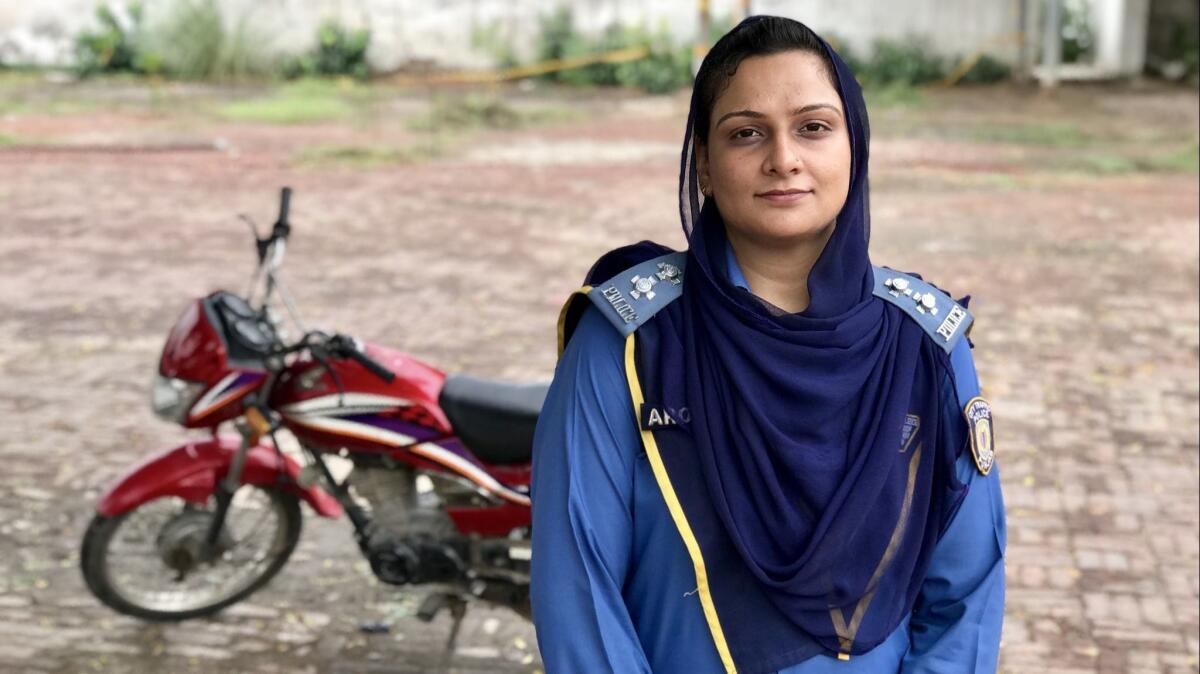
Since the program was launched in 2016, hundreds of women in Lahore have earned their licenses after a week or more of lessons at the city’s traffic department. Most are taught by Aroosa Hussain, one of Lahore’s few female traffic cops, who patrols the city on a 250-cc motorbike.
“Some girls are students who want to get to their classes,” she said. “Some are divorced and need to be independent. They used to wait for buses and people would look at them with pity. Now they face a different reaction. It’s like, ‘Oh my God, what is she doing, why is she on a bike?’ People are impressed.”
In a potholed parking lot at the traffic department’s offices, Hussain, dressed in a blue uniform and veil, demonstrated to half a dozen women how to steady themselves before starting the engine.
“Balance is everything,” she said. “With balance comes confidence. If I learned it, so can you.”
Maira Beg nodded slowly. The 34-year-old teacher had received her subsidized bike a few days earlier, but on her first solo ride outside her house, got spooked by a child running into the road and drove into a parked car.
She fell to the ground and bruised her hand. The handlebars were dented and so was her poise.
“I came here to practice,” she said. “I’m not disheartened. I’ll keep trying.”
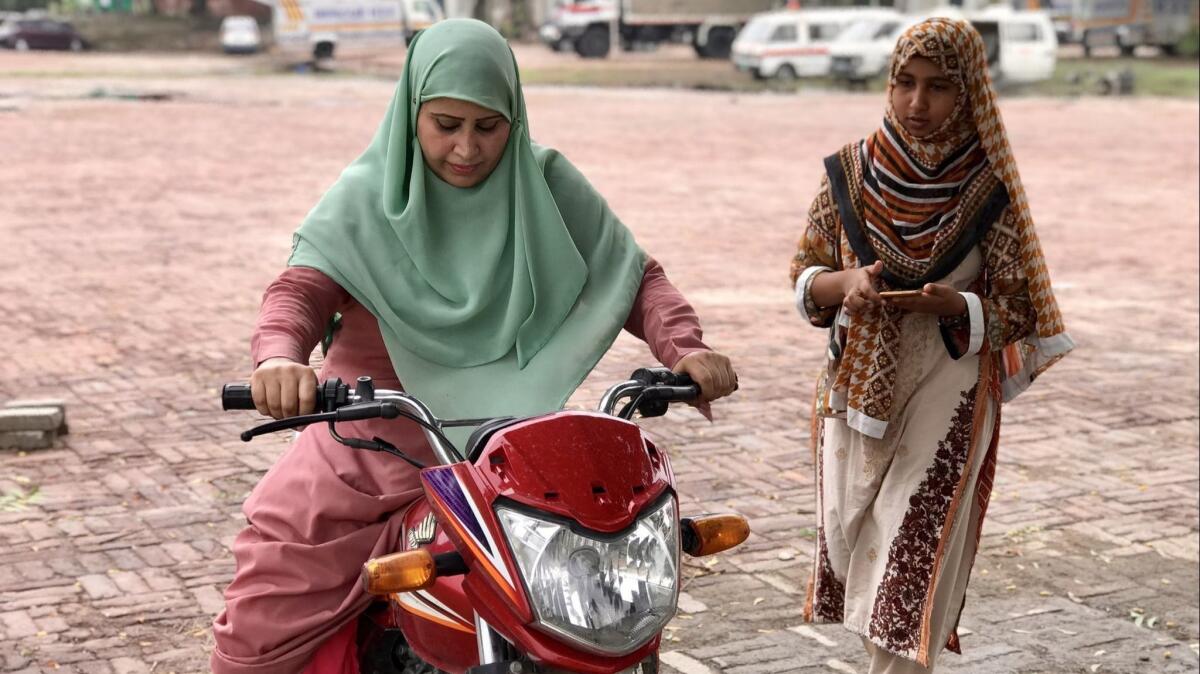
Also in the class were Humaira Imran, 53, and her 18-year-old daughter Simal, who was preparing to enroll in college. Simal was tired of asking her older brother for rides, and her mother was tired of hearing about it.
“Always fighting,” Imran said. Her brother taught her to ride before she was married, though she hadn’t driven a motorbike since.
“I’m rusty, but I want to do this with my daughter, and hopefully we can share the bike,” she said, adding that the men in their family supported the move. “We shouldn’t worry about what anyone else says.”
Before zipping off on her motorbike, Qaisar said having more women on the roads would actually make them safer.
“I think we have better road sense than men,” she said. “Men think driving is their birthright and they don’t need any rules. We as women have had to work for it. So we consider everything when we are behind the wheel.”
Shashank Bengali is The Times’ South Asia correspondent. Follow him on Twitter at @SBengali
More to Read
Sign up for Essential California
The most important California stories and recommendations in your inbox every morning.
You may occasionally receive promotional content from the Los Angeles Times.
